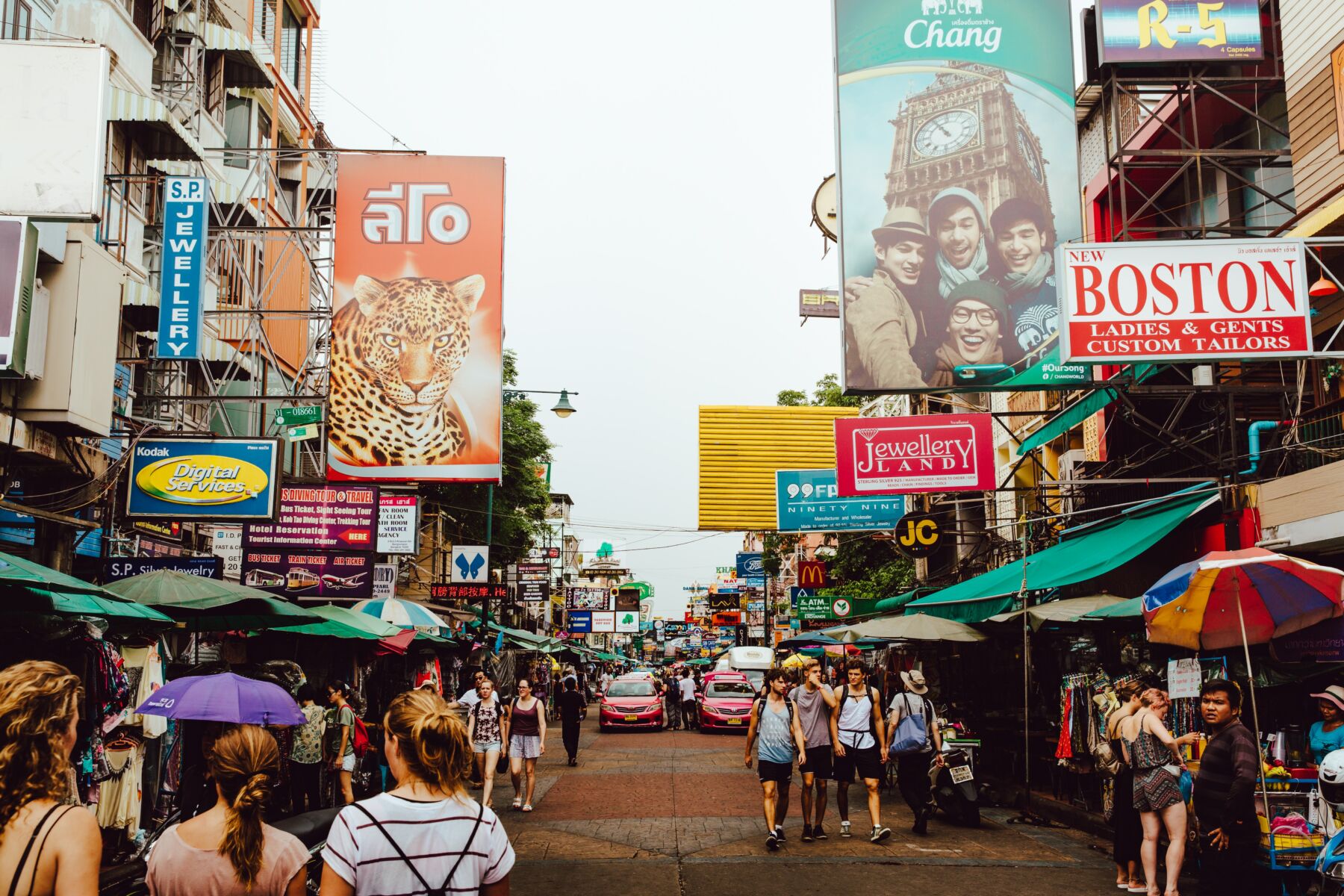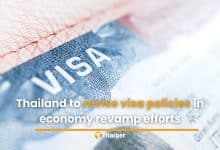Thai tourism seeks visa fee waiver to attract Chinese and Indian visitors

A plea for the revival of a visa fee waiver programme has been issued by Thailand‘s tourism industry, seeking an influx of visitors from populous nations like China and India. The request follows a lukewarm recovery in numerous essential markets and is viewed as vital for enhancing arrivals this year.
President of the Thai Hotels Association, Marisa Sukosol Nunbhakdi, emphasized targeting countries with vast populations such as China and India. This is due to tourists primarily residing in destinations like Bangkok, Pattaya, and Phuket. The need to consider budget travellers and large tour groups became evident despite high-spending tourists bolstering Thailand’s tourism statistics. Marisa said…
“Whilst Thailand is currently receiving a greater number of high-spending tourists, it’s important to recognise the reliance many hotels have on budget travellers and big tour groups.”
India, having recently exceeded China as the world’s most densely populated nation, provides a compelling opportunity for Thailand. With the growth in its workforce, enticing more Indian tourists and inspiring them to explore beyond major city destinations is a strong possibility, reported Bangkok Post.
According to Marisa, a variety of sectors could prove beneficial to hotel businesses of all sizes, given how Indian travellers visit for diverse reasons. From adventure-seeking tourists to wedding groups to those in pursuit of health and wellness services, the Indian tourist demographic is remarkably varied.
She also proposed that the government review the duration of the tourist visa and visa-on-arrival allowance.
The fee waiver, according to the president of the Association of Thai Travel Agents, Sisdivachr Cheewarattanaporn, would offer a significant boost to the Chinese tourist market. Despite China’s sluggish economy and visa application complications, the potential for market growth is significant.
Sisdivachr advised that the government, once in place, should immediately implement a visa fee waiver for a minimum of three months. Echoing the strategy applied in 2014 and 2018.
Obstacles persist for Chinese visitors primarily due to the sluggish visa approval process, often exceeding ten days. This delay is discouraging for larger tour groups, intrigued by a visit but dissuaded by the lengthy approval period.
The Tourism Authority of Thailand (TAT) is mitigating these visa woes by assisting consulates with the pre-screening process, thus reducing wait times.
The director of the New Delhi TAT office, Siriges-a-nong Trirattanasongpol, warns of potential disruption to market growth following an increase in tax collection for outbound packages from India. This increase from 5% to 20%, commencing in October, could pose a substantial challenge.
Furthermore, the air service agreement between Thailand and India – limiting flight capacity to only 39,000 seats per week to six Indian cities – also has the potential to inhibit growth.
This year, TAT projected 1.5-1.6 million Indian tourists, a decrease from the former target of 2 million.
As of July 16, Thailand welcomed more than 14 million foreign tourists, with 1.6 million visitors from China and 826,000 Indian tourists.
Latest Thailand News
Follow The Thaiger on Google News:


























